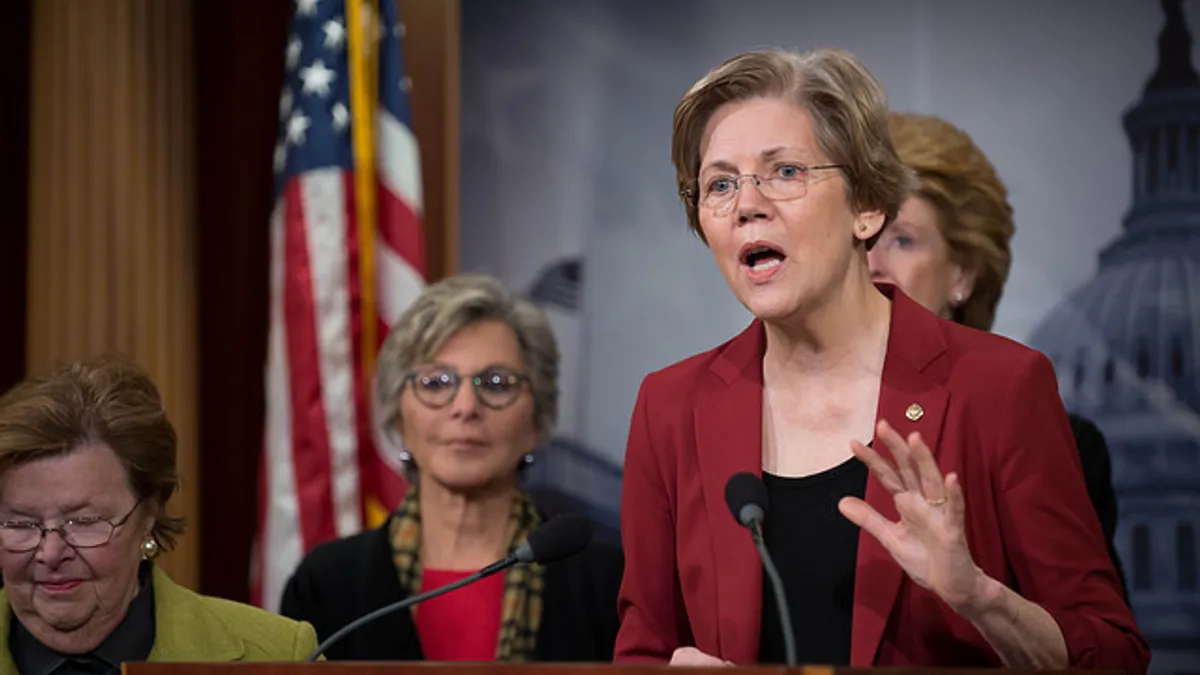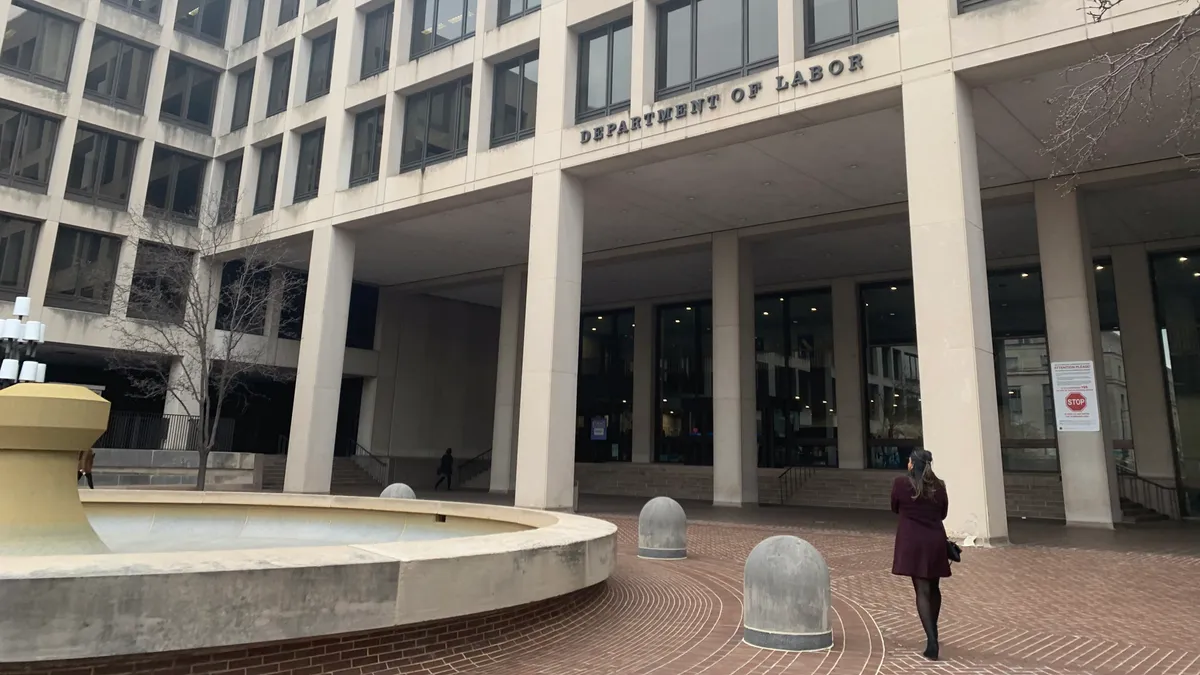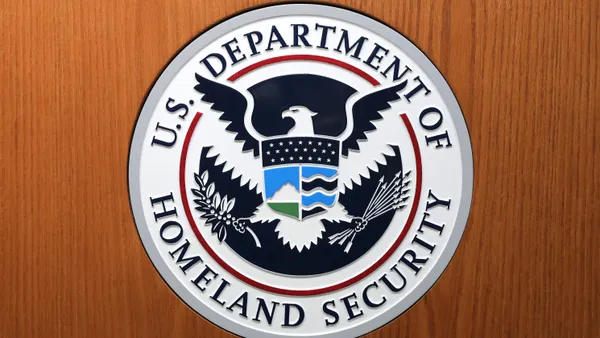Dive Brief:
- New legislation has been introduced in the U.S. Senate by a bipartisan group of legislators that would allow the government to measure the educational and professional outcomes of students from colleges and universities, according to reports from the Chronicle of Higher Education and Inside Higher Ed.
- Supporters say the collection of data could help students and parents considering schools make better decisions about which college is the best choice, but opponents, including an organization representing private higher ed institutions, worry about privacy concerns regarding data collection.
- Supporters refute this, saying the bill would merely connect data the government already collects, and argue that privacy protections could be put in place. Equal rights organizations, including the ACLU, have expressed concern that the bill could be used to target undocumented students.
Dive Insight:
Supporters of more robust data collection argue that both private and public data collections have not kept pace with the changing form of college student populations. Most of the opponents cited in response to news that this legislation is being considered point to privacy concerns, but there would also need to be strict oversight that the data being collected (and connected) is accurate, and that it accounts for the changing nature of the “typical” college trajectory. For example, the legislation purports that data track whether students graduate from an institution on time, but will it take into account that more students may enroll part-time, or deal with gaps in enrollment?
Advocates for the bill, including Association of Public and Land-grant Universities President Peter McPherson, said the data collected now was far too incomplete and might paint a false picture for students and parents who rely on it, saying the data only currently tracks students who start and finish at the same institution and attend all time. In light of the increasing number of non-traditional students, this should be amended even if the final legislation does not take its current proposed shape. The current view of student outcomes may be too skewed.
Privacy advocates also are right to be concerned that such data is not misused, and it remains to be seen if there will be robust protections in a Congressional environment that may be ideologically disinclined to endorse robust oversight. The notion that data could be sold is not a new one to American consumers, but nevertheless the public will need to be cautious when determining how well protected the proposed data collection and connection purports to be.












